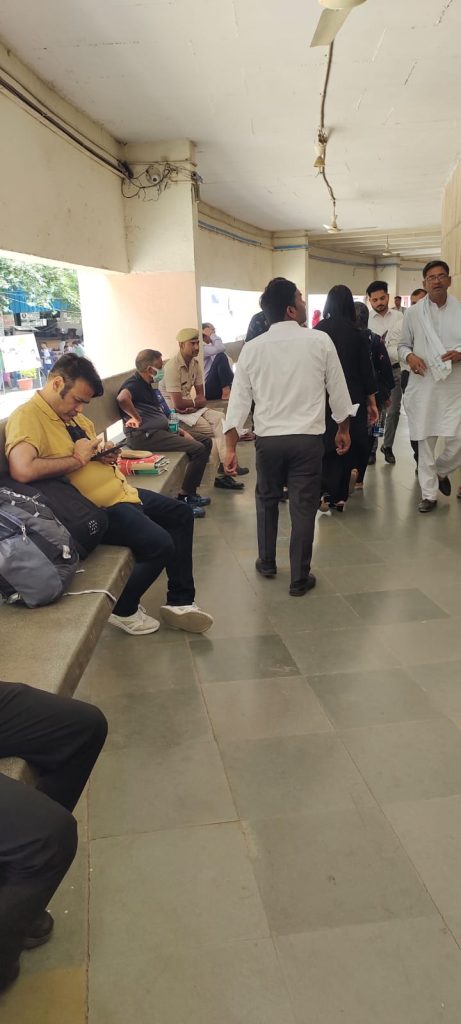Ramesh Sanka, former chief executive officer (CEO) of IREO Private Ltd, was arrested on Friday in a case related to stealing of documents and criminal breach of trust.
Sanka was sent to police custody for seven days in FIR no 199/2022 registered under Sections 389, 418, 420 and 120-B of the Indian Penal Code against Gharsamadhan LLP started by him.
Haryana Police arrested Sanka on Friday, following the directions of a Gurugram court, which had last month issued directions to declare him a proclaimed offender.
On March 6, Additional Chief Judicial Magistrate (ACJM) Manoj Kumar Rana at Gurugram Court had directed the police to declare Sanka as proclaimed offender, after noting that in view of the contents mentioned in the application and the report on non-bailable warrants of the accused, the court was satisfied that the presence of Sanka could not be secured through the issuance of non-bailable warrants.
Earlier on March 17, the Supreme Court had denied anticipatory bail to Sanka. The Bench of Justice Ajay Rastogi and Justice Bela M. Trivedi had dismissed the anticipatory bail application on the grounds that it did not find any reason to interfere with the order passed by the Punjab and Haryana High Court.

The Apex Court, however, had said that if the petitioner surrendered within two weeks and applied for regular bail, the same may be considered expeditiously on its own merits in accordance with law.
The Punjab and Haryana High Court had rejected the anticipatory bail application of Sanka on February 24. The Single-Judge Bench of Justice Sandeep Moudgil had denied anticipatory bail to Sanka and another accused in the case, Sumit Kumar, on the grounds of ‘grave and serious’ nature of allegations, including cheating and extorting money in conspiracy with each other.
IREO had filed a case against Sanka and two others on charges of extorting money from homebuyers by promising a refund of their investment in the company’s project.
The FIR registered by IREO alleged that Sanka, in connivance with other accused, fraudulently misrepresented the records of the company to coerce its customers to execute agreements to make wrongful gains from them.
(Case title: Ramesh Sanka vs The State of Haryana)


